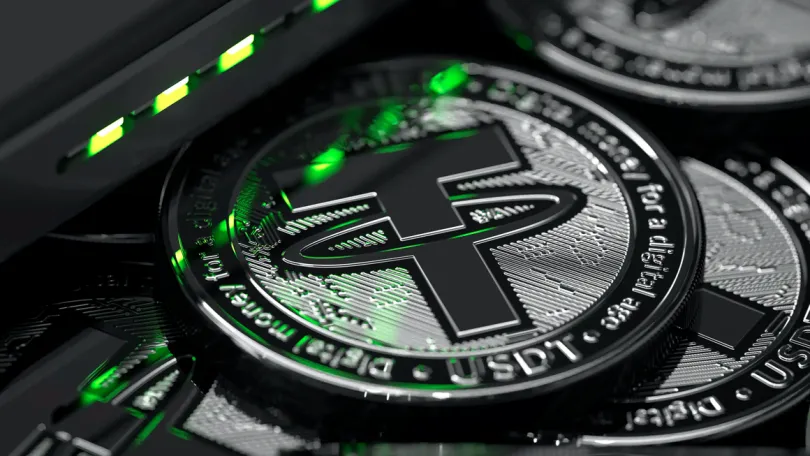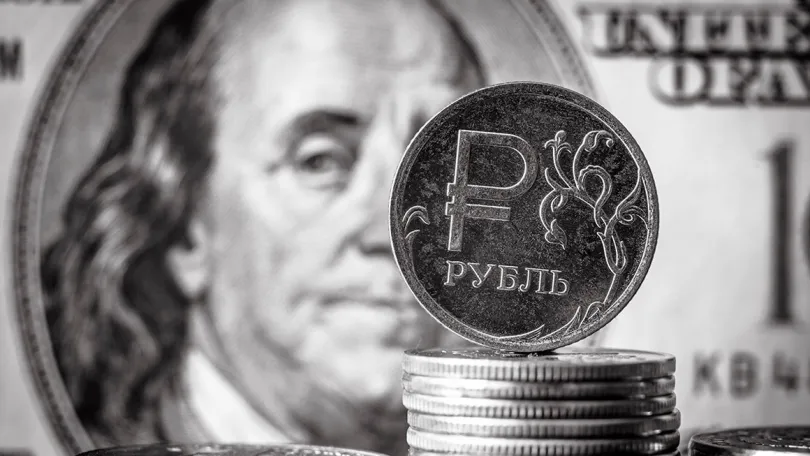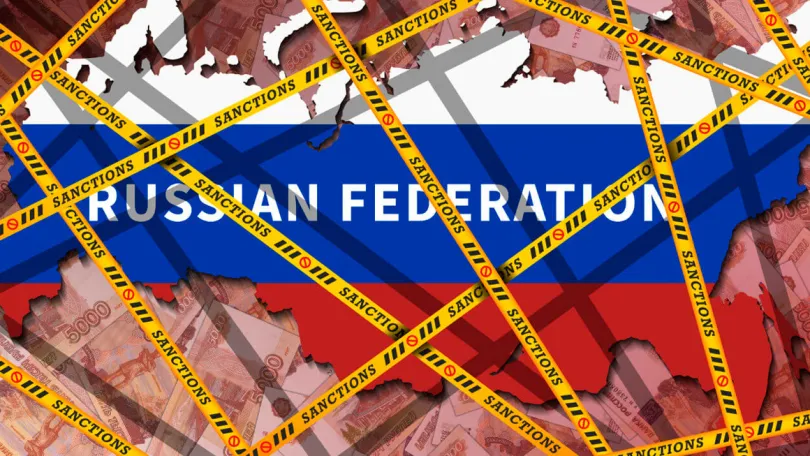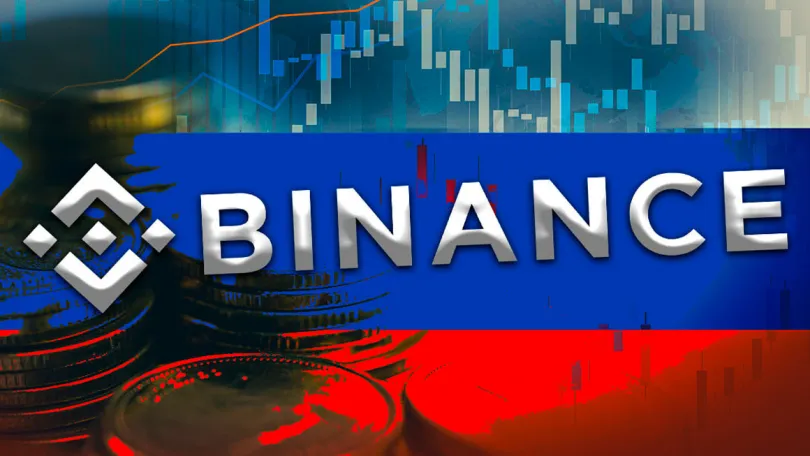"Sanctions" play a significant role in the crypto and blockchain world, influencing how individuals and entities operate within this digital landscape. These measures, often imposed by governments or international bodies, aim to restrict trade, investments, and financial transactions with specific countries, organizations, or individuals. In the context of cryptocurrencies, sanctions can complicate the flow of digital assets, as these currencies are designed to be decentralized and borderless.
Users of cryptocurrencies like Bitcoin, Ethereum, and others must navigate a complex regulatory environment shaped by these sanctions. For example, when a specific nation is sanctioned, individuals and businesses within that country may face restrictions on accessing cryptocurrency exchanges, making it harder to trade or use their assets. This situation leads many crypto users to explore decentralized exchanges (DEXs) or peer-to-peer platforms that can circumvent traditional financial systems, offering more privacy and freedom.
Moreover, transactions involving sanctioned entities or individuals can pose significant risks. Cryptocurrency exchanges and platforms often need to implement rigorous Know Your Customer (KYC) and Anti-Money Laundering (AML) measures to ensure compliance with sanctions. Failing to adhere to these regulations can result in severe penalties or even the shutdown of services, which can impact users wanting to operate within the crypto space.
The ability to track and audit transactions on the blockchain often creates transparency that can be beneficial for those monitoring compliance with sanctions. However, it also raises concerns for users seeking more anonymity, particularly in regions facing oppressive regimes. The dichotomy of privacy versus regulatory compliance continues to spark debates in the community.
For those interested in staying informed about the latest developments regarding "sanctions" in the crypto world, our site provides up-to-date news and insights on how these measures are impacting the blockchain ecosystem. Keep an eye on our platform for comprehensive coverage of this evolving topic.
Navigating the intersection of cryptocurrencies and sanctions is a multifaceted challenge. As the landscape continues to change, those involved in digital currencies must remain vigilant and informed about their rights and responsibilities. With ongoing shifts in legislation, the relationship between sanctions and the crypto space is one worth monitoring closely.
Sanctions news
Trending news
- Artificial Intelligence (AI)
- Altcoins
- Bitcoin
- DeFi
- Ethereum
- Economy
- Market and Events
- Metaverse
- Mining
- NFT
- Regulation
- Web3
- show less























